Middle School Engagement Bundle
$132.00
Teaching reading and writing workshop has never been easier (or more engaging!) with these editable units that can be stored in your Google Drive! Read more details below….
Each unit includes:
Engaging and easy to follow mini lessons
Teacher guides
Video overviews
Editable unit at a glance documents
Editable choice boards
Editable writing samples
Editable student handouts
Engaging posters
Editable charts
Editable assessment tools
Mentor texts
Conferring tips
Here is how each mini-lesson is organized:
Objective- the goal for the mini-lesson
Materials- all the necessary charts/posters/videos/tools you need for the lesson
Hook- a fun way to start the mini-lesson
Teaching Point- straightforward statement about what students will learn
Modeling- showing skill with writing samples/mentor texts
Practice-an opportunity for students to apply skills and practice with peers
Conferring-tips for how to discuss work with students with one-on-one conversations
Share-a way for students to share what they accomplished, struggles they faced and goals they have
Here's an overview of the mini-lessons included in each unit:
Launching Reading and Writing Workshop
Mini Lesson #1: What is Workshop?
Compare reading and writing workshop to Fortnite Battle Royale and your students will be completely engrossed in your lesson!
Mini Lesson #2: Noise Levels
Teach students the four noise levels of your classroom-silent, whisper, talk, present and hold students accountable with a simple and easy to follow consequence system.
Mini Lesson #3: Writing Notebooks
In this lesson students will learn two main purposes for their notebooks-note taking and discovery writing (brainstorming, listing, drafting, goal setting).
Mini Lesson #4: Writing Stamina
Teach students about stamina and begin a routine that you will use all year to increase your students stamina!
Mini Lesson #5: Personalized Note Taking
Students will learn that copying down what the teacher says or shows on slides is not the best way to learn. They will receive models/samples of four note taking styles they can choose from to make their notes more personalized- the outline method, Cornell, sketch notes and the mind map method.
Mini Lesson #6: Mentor Texts
In this lesson students will learn two ways they can use mentor texts-to get inspiration when stuck and to get help with specific skills. There are editable slides with examples too!
Mini Lesson #7: Writing Partners
Students will learn how to get support from their peers with prompts, posters a checklist and video!
Mini Lesson #8: Conferences
In this lesson students will learn that conference with the teacher are really just short conversations and they always have a predictable structure.
Mini Lesson #9: Finding a Good Book
Students will learn simple ways to find books they'll be excited to read!
Mini Lesson #10: Assessment
In this important mini-lesson students will learn about 7 types of assessments (only two of which are graded based on skill by the teacher) and complete a self-reflection assessment about their behavior and productivity during this launch unit.
Informational Writing Unit
Mini Lesson #1: The Informational Genre
Students will learn that there are many sub-genres within the larger informational genre. They will compare and contrast two sub-genres and choose which sub-genre they are most interested in writing.
Mini Lesson #2: Listing Topics
In this lesson, students will learn a variety of ways to brainstorm ideas for their own informational writing piece.
Mini Lesson #3: Drafting Stamina
Students will begin drafting about one of their chosen topics. They will
continue drafting although they might not know everything about the topic.
Mini Lesson #4: Organizing & Narrowing
Students will narrow their topic down by creating headings for the topic.
Mini Lesson #5: Researching Online
Students will learn the importance of asking specific questions about their
topic before researching. They will also learn how to look for articles that are
reliable, readable, and actually answer the question they searched.
Mini Lesson #6: Elaborating with Anecdotes, Quotes, Verbs & Statistics
Students will about how anecdotes, quotes, verbs and statistics can make
their information articles much more interesting for readers.
Mini Lesson #7: Elaborating with Precise Details
Students will about how using precise details (just like in narrative writing) can
make information articles more interesting for readers.
Mini Lesson #8: Tone
Students will learn that tone is how an author feels about their topic.
Information writers need to pay close attention to the words they are using in
order to demonstrate an intended tone depending on the topic of the article.
Mini Lesson #9: Transitions
Students will learn that paragraphs, punctuation marks, and transitional phrases are used to help readers understand the connections between ideas in an informational article.
Mini Lesson #10: Nonfiction Text Features
Students will learn many nonfiction text features that they can use to organize
information and to help readers understand their topic better.
Mini Lesson #11: Introductions & Conclusions
Students will learn to analyze mentor texts to gain inspiration for their
introductions and conclusions.
Mini Lesson #12: Spelling, Capitalization & Punctuation
Students will learn how to help a writing partner find and fix spelling,
capitalization and punctuation mistakes in their writing.
Mini Lesson #13: Celebrate with a Publishing Party!
Students will teach an audience about their informational topic!
Grammar & Mechanics Unit
Mini Lesson #1: Writing Partners
Students will learn to get help from a writing partner with parts of their writing.
Mini Lesson #2: Revision
Students will understand the difference between revision and editing. They will use revision techniques to improve their writing.
Mini Lesson #3: Editing
Students will understand that editing doesn’t just occur at the end of writing a piece, but rather should occur while writing. Students will also learn strategies for spelling tough words and what to look for when editing.
Mini Lesson #4: Complete Sentences
Students will discuss and analyze what makes a complete sentence. They will also practice identifying and revising run-on sentences.
Mini Lesson #5: Purposeful Fragments
Students will learn that professional authors often break rules intentionally. One example of this is when writers use fragments in their writing in order to have a bigger impact on readers.
Mini Lesson #6: Commas
Students will discuss and analyze commas in sentences. They will create rules around the use of commas and try to imitate sentences that use commas in their own writing.
Mini Lesson #7: Colons, Semicolons, and Dashes
Students will discuss and analyze sentences that contain colons, semicolons, and dashes. They will create rules around the use of these punctuation marks and try to imitate sentences that use them in their own writing.
Mini Lesson #8: Subject-Verb Agreement
Students will learn to look closely at the sentences they write to ensure that their sentences have proper subject-verb agreement. Students will also realize that sometimes subject-verb agreement rules are broken especially in music, informal writing, and when speaking.
Mini Lesson #9: Active vs. Passive Voice
Students will learn how to form sentences in both the active and passive voice.
Mini Lesson #10 Verbals
Students will learn about the three verbals— gerunds, infinitives, and participles.
Mini Lesson #11 Pronouns
Students will learn about subjective, objective, possessive, and intensive pronouns. Students will also be able to correct inappropriate shifts in pronoun number and person as well as vague pronouns/ambiguous antecedents.
Poetry Reading and Writing Workshop Unit
Mini Lesson #1: Defining Poetry
Students will begin to stretch their typical ideas and definitions of poetry. They will also learn about the use of metaphors in poetry.
Mini Lesson #2: Poetry Stations
Students will learn about the genre of poetry and participate in a station activity where they read a wide range of poetry and respond in creative ways to each poem they read in order to develop their own voices around poetry.
Mini Lesson #3: Analyzing Poetry
Students will learn how to read, analyze and discuss poetry with others.
Mini Lesson #4: Writing Inspired Poetry
Students will learn how to read a poem in order to inspire their own poems.
Mini Lesson #5: Introduction to Form Poetry
Students will learn about types of poetry that conform to rules of meter, rhyme and stanza requirements.
Mini Lesson #6: Writing Inspired Form Poetry
Students will choose a type of form poetry to spark ideas for their own poems. Students will also have the opportunity to practice writing in iambic pentameter.
Mini Lesson #7: Introduction to Free Verse Poetry
Students will learn about a newer form of poetry called free verse that breaks away from following strict rules of rhythm, meter or rhyme. Free verse does include some rhythm, meter and rhyme but it can follow natural speech patterns as well.
Mini Lesson #8: Writing Free Verse Poetry
Students will choose a type of free verse poetry to spark ideas for their own poems.
Mini Lesson #9: Introduction to Found Poetry
Students will learn about and read four different types of found poetry. Mini Lesson #10 Writing Found Poetry
Students will choose between the different types of found poetry and create their own found poem.
Book Club and Literary Analysis Unit
Mini Lesson #1: Book Tasting
Students will preview/browse the books/short stories available to read and fill out a survey choosing their top three books/short stories.
Mini Lesson #2: The Calendar
Students will learn which book/short story they will be reading and who their fellow book club members are. They will also review all that is included in the intro letter/calendar.
Mini Lesson #3: Writing Long About Reading
Students will learn how to write long about what they are reading and why this is a useful habit to get into when you are expected to write a literary essay after reading a book/short story.
Mini Lesson #4: Questions for Understanding
Students will learn how to ask questions that get other people, and themselves, to further understand the book/short story.
Mini Lesson #5: Discussions for Understanding
Students will learn that book clubs need to be supportive to be successful and the first way to support others in a book club is to help others clear up confusion about parts of the book.
Mini Lesson #6: Author's Craft & Theme
Students will learn that books have many themes (messages to the reader) and they are usually not stated directly by the author. Themes are hinted at through the author’s craft moves they make.
Mini Lesson #7: Discussing Themes
Students will learn that being in a supportive book club can be a powerful way to think about a book from many different angles. Students will develop multiple theme statements during the book club discussion.
Mini Lesson #8: Claim Statements
Students will read and analyze example essays. They will write and revise claim statements until they have one they are satisfied with to build their literary analysis essay out of.
Mini Lesson #9: Evidence & Reasoning
Students will use an outline template to start planning their evidence and reasoning.
Mini Lesson #10 Getting Ready to Publish
Students will learn about the publishing world and specifically what editors and publishers actually do. Students will also have the opportunity to step into the editor's shoes and provide feedback on a classmate’s literary essay!
Whole Class Novel Reading Workshop Unit
Mini Lesson #1: Introduction
Students will learn about the whole class novel they are about to read, the goals for the unit, how their work will be assessed and you will review your reading schedule.
Mini Lesson #2: Summarizing
Students will learn that they need to reread and summarize parts that seem confusing in a book.
Mini Lesson #3: Types of Questions
Students will learn that there are two types of questions to ask about literature, open and closed. Open questions are debatable and closed questions usually only have one answer that can be found directly in the book.
Mini Lesson #4: Connecting and Predicting
Students will learn that there are many ways to connect to a book. They will also learn that predictions are actually quite scientific!
Mini Lesson #5: How to Have a Meaningful Discussion
Students will learn basic and advanced discussion skills and apply these skills in a large group discussion as well as a small group discussion.
Mini Lesson #6: Character Analysis
Students will learn to look closely at textual evidence in order to make inferences about character descriptions, actions, motivations, and how they change throughout the book.
Mini Lesson #7: Figurative Language Analysis
Students will learn how to identify symbolism and other figurative language types in a novel.
Mini Lesson #8: Author's Craft Analysis
Students will learn that author’s craft is the art of writing purposefully in order to impact the reader.
Mini Lesson #9: Plot Analysis
Students will review/learn the parts of a typical plot structure as well as other types such as the hero’s journey.
Mini Lesson #10: Theme Analysis
Students will learn how to develop strong theme statements about a novel.
Argumentative Writing Unit
Mini Lesson #1: Discussing Controversial Issues
Students will have the opportunity to take sides and argue their points about controversial issues that young people face using the Philosophical Chairs strategy.
Mini Lesson #2: Types of Argumentation
Students will learn about the genre of argumentative writing and the wide range of sub-genres. Students will learn that no matter what form the argumentation takes, most utilize the rhetorical devices of ethos, pathos and logos.
Mini Lesson #3: Researching Issues
Students will read articles relating to six different issues and choose one topic that they want to write an opinion editorial for.
Mini Lesson #4: Writing Claims
Students will read claim statements from student samples and then practice writing their own claim statements about their chosen topic.
Mini Lesson #5: Crafting Reasons/Topic Sentences
Students will learn that each supporting paragraph of their argumentative paper should start with a topic sentence that explains to the reader what the rest of the paragraph is going to be about. It can help to create an outline before writing their paper.
Mini Lesson #6: Counter-Arguments
Students will learn how to write and refute a counter-argument.
Mini Lesson #7: In-Text Citations
Students will learn the proper way to include cite a source within their op-ed. They will also learn about paraphrasing evidence and how they need to provide citations even when paraphrasing.
Mini Lesson #8: Reasoning
Students will learn that reasoning is explaining how evidence found from research supports the claim.
Mini Lesson #9: Revising Transitions
Students will learn that revising their drafts means deleting and rewriting. In this lesson students will specifically revise the transitional words and phrases they are using.
Mini Lesson #10 Bibliographies
Students will learn how to create a bibliography/work cited page using MLA format. A really engaging bonus cartoon video is used in this lesson!
Memoir Writing Unit
Mini Lesson #1: Traits of a Memoir
Students will learn that memoirs have typical plot elements because they are a type of storytelling. But, memoirs also tend to emphasize: reflection about the past, time and place shifts, flashbacks, character development and life lessons.
Mini Lesson #2: Brainstorming
Students will learn five techniques for brainstorming memoir ideas: mind mapping, memory maps, strong feelings table, sensory details table and listing lessons.
Mini Lesson #3: Personal Narrative vs. Memoir
Students will be able to distinguish between personal narratives and memoirs.
Mini Lesson #4: Transitions & Organization
Students will analyze transition strategies used in mentor texts and use transitions in their own writing to help readers navigate their memoir. Students will also consider different organizational structures based on the mentor texts they’ve read.
Mini Lesson #5: Descriptive Writing
Students will learn eight descriptive writing techniques by analyzing a mentor text.
Mini Lesson #6: Imagery
Students will learn how to analyze a text’s use of imagery and incorporate imagery in their own writing.
Mini Lesson #7: Metaphors & Similes
Students will learn how to incorporate literary devices into their writing in purposeful ways.
Mini Lesson #8: Developing a Character
Students will learn multiple ways that they can develop the main character of their memoir.
Mini Lesson #9: Hinting at Theme
Students will learn that all stories have themes and include hints about the themes throughout. However, usually the theme(s) are not fully apparent until you read to the very end.
Mini Lesson #10: Revising vs. Editing
Students will understand the difference between revision and editing. They will use these techniques to improve their writing.
Fiction Writing Unit
Mini Lesson #1: Fiction Defined
Students will learn that there are many genres of fiction and all of them share
common elements but each fictional genre has its own unique elements as
well.
Mini Lesson #2: Getting Ideas
Students will learn multiple ways to get ideas for a fictional story and that not
every way will work for every person!
Mini Lesson #3: Settling on a Conflict
Students will learn common types of conflict found in literature, movies and
TV. They will have the opportunity to begin thinking about the conflict their
short story will focus on.
Mini Lesson #4: How to Use a Mentor Text
Students will learn how to get help with their writing by emulating mentor
texts.
Mini Lesson #5: Developing Characters
Students will learn about point of view, types of characters and five ways to
begin developing their main character.
Mini Lesson #6: Developing Themes
Students will learn what themes are and some surprising truths about them.
Students will also learn ways they can develop the themes of their stories.
Mini Lesson #7: Developing Settings
Students will analyze the components of settings in fictional stories, including
their own.
Mini Lesson #8: Literary Devices
Students will learn that incorporating literary devices into their writing can be
an effective way to help readers understand parts of their story. But, too
many of the same literary devices can make the story sound trite. Students
might relate more with the word “cringey”.
Mini Lesson #9: Writing Like a Real Writer
Students will learn how to write descriptively by choosing sensory words so
that readers can really feel what is happening in the story.
Mini Lesson #10: Writing Beginnings & Endings
Students will learn ways they can begin and end a fictional short story and
realize that they should be writing multiple beginning and ending versions in
order to pick the best ones possible.
Journal Writing Unit
Mini Lesson #1: What is Writing Workshop?
Mini Lesson #2: Ways to Use Journals
Mini Lesson #3: Making Lists
Mini Lesson #4: More Lists
Mini Lesson #5: Emulating Authors
Mini Lesson #6: Timelines & Dates
Mini Lesson #7: Drawing Pictures & Maps
Mini Lesson #8: Writing Thoughts
Mini Lesson #9: Asking Questions
Mini Lesson #10: Writing Fiction
Mini Lesson #11: Collecting Words
Mini Lesson #12: Writing Information
Mini Lesson #13: Writing About Books
Social Media Inquiry Unit
Essential Question: What are my rights and responsibilities in this social media consumed world? In this seven lesson unit students will investigate this essential question through videos, handouts, discussion and writing. Here's an overview of each lesson:
Lesson One: students will have the opportunity to discuss the positives and negatives surrounding social media.
Lesson Two: in this lesson students will realize that social media allows them to have a whole lot of power and with great power comes the responsibility to be their best, most honest selves online.
Lesson Three: students will learn about marketing tactics used to get them endorsing businesses for free! They will consider these tactics and discuss their thoughts with classmates.
Lesson Four: students will reflect on the addictive quality of all media forms and attempt to go on a media diet for one full day. This lesson will require informing other teachers your students have.
Lesson Five: students will dive into privacy and copyright laws in this lesson. They will learn some very important concepts like what copyright really means and what their rights to privacy are.
Lesson Six: students will finally be able to learn and discuss some of the positive impacts social media has on people.
Lesson Seven: finally, in lesson seven students will create an infographic about one of the most important or interesting things they learned during this unit.
Greed vs. Generosity Unit
Essential Question: Investigate the intriguing topic of greed versus generosity with your students in this engaging inquiry unit! Students will watch videos, read curated articles, develop a claim, support that claim with evidence, write a flash draft argumentative article that can be published on a website, and participate in a Socratic Seminar!
Lesson #1: Students watch engaging videos and read articles about the topic of greed and generosity. As they learn about greed and generosity they will use a student handout to generate ideas about what causes people to be generous and greedy. Then, they will develop a claim about if people tend to be more generous or greedy as well as use evidence from the videos and articles to support their claim.
Lesson #2: Students will read the classic short story The Gift of the Magi. Then, they will collect evidence to support two different claims, one that the characters are mostly greedy. Students will also collect evidence for the opposite claim, that the characters are mostly generous. Finally, students will write a flash draft argumentative essay about one claim or the other.
Lesson #3: Two wrap up this mini unit, students will participate in a Socratic Seminar discussing the essential question and other well crafted questions about greed and generosity. Students will practice citing evidence from the curated articles, videos, and short story.
Folktale Mini Lessons
This reading and writing unit includes four interactive, editable Google Doc mini lessons with links to mentor texts, five editable student handouts, videos, writing samples, answer keys, and a rubric. The mini-lessons cover the following topics:
What is a Folktale
This lesson is reading-focused. Students will be able to categorize folktales as fairy tale, tall tale, fable, myth, legend, or urban legend based on their defining characteristics and structures.
Comparing Folktales
This lesson is reading-focused. Students will choose two folktale genres to analyze closely. They will compare and contrast these genres. Links to lots of story and genre options are provided.
Folktale Mashup
This lesson is writing-focused. Students will choose two famous folktale characters, then they will write a folktale that combines aspects of two folktales into one. In the process, they will review genres and learn/review the parts of a plot diagram.
Writing Scary Stories
Students will learn the craft of scary storytelling by reading a how-to article about scary storytelling. Then they will attempt to write their own.

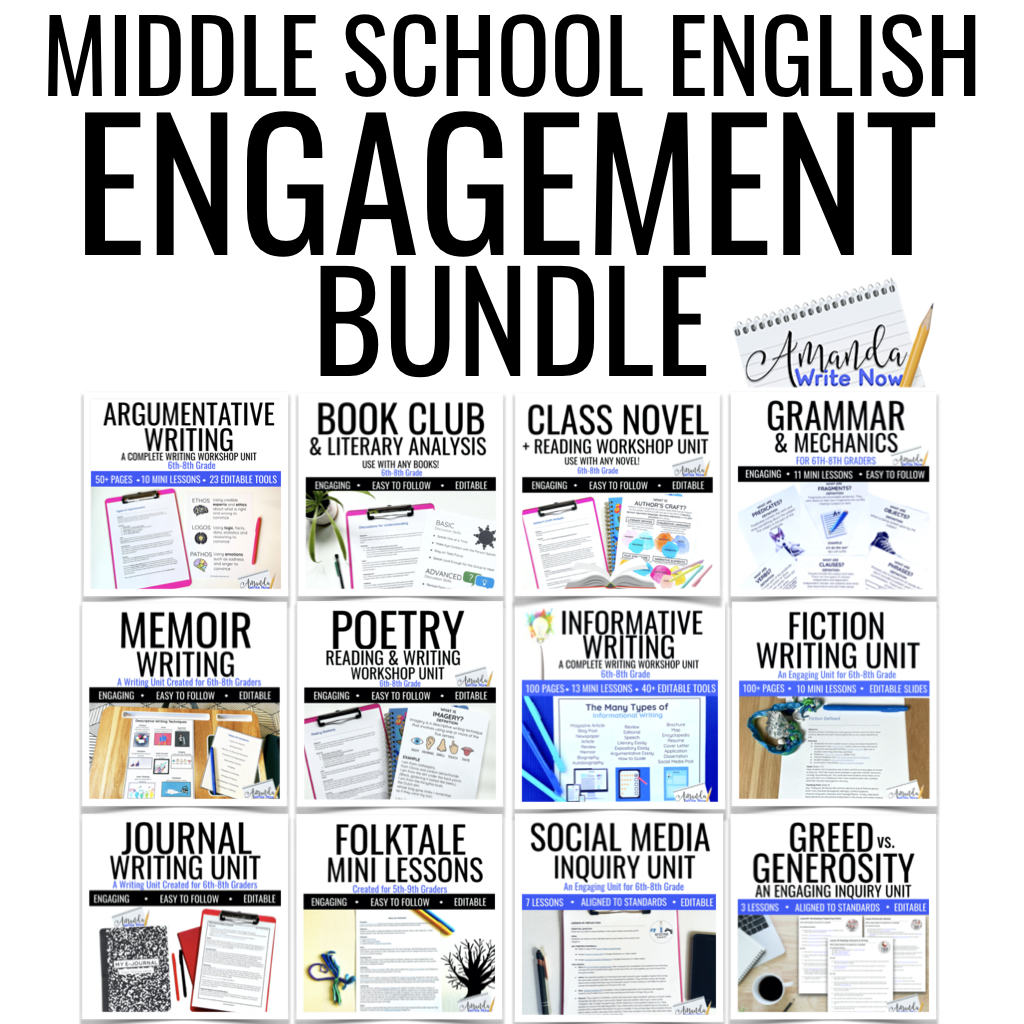
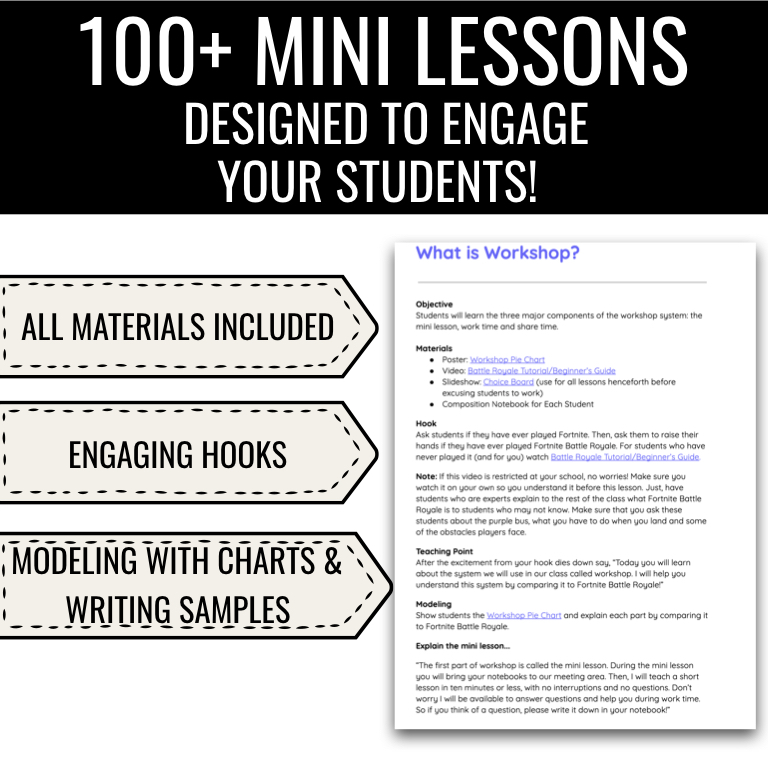
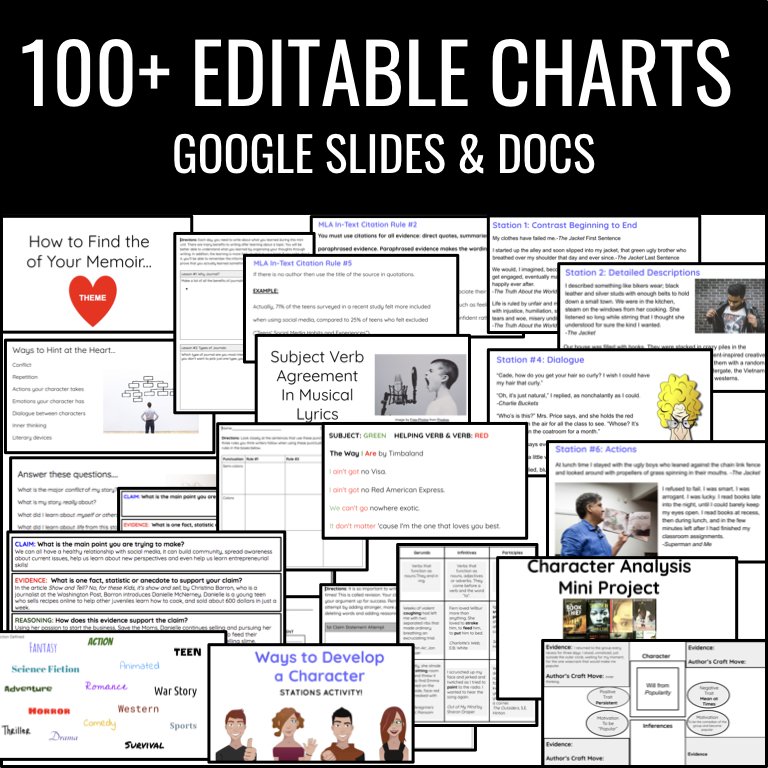

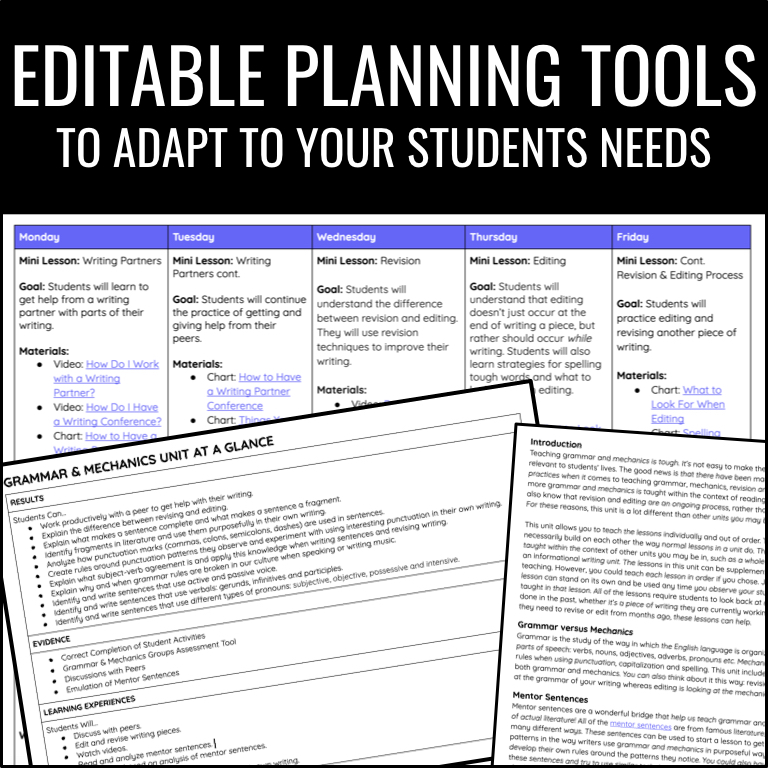
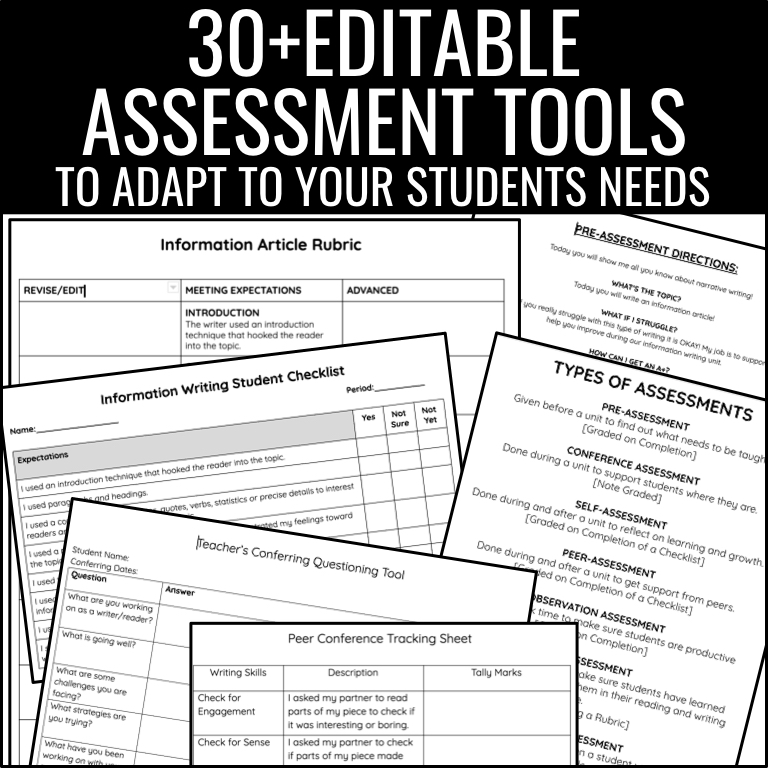
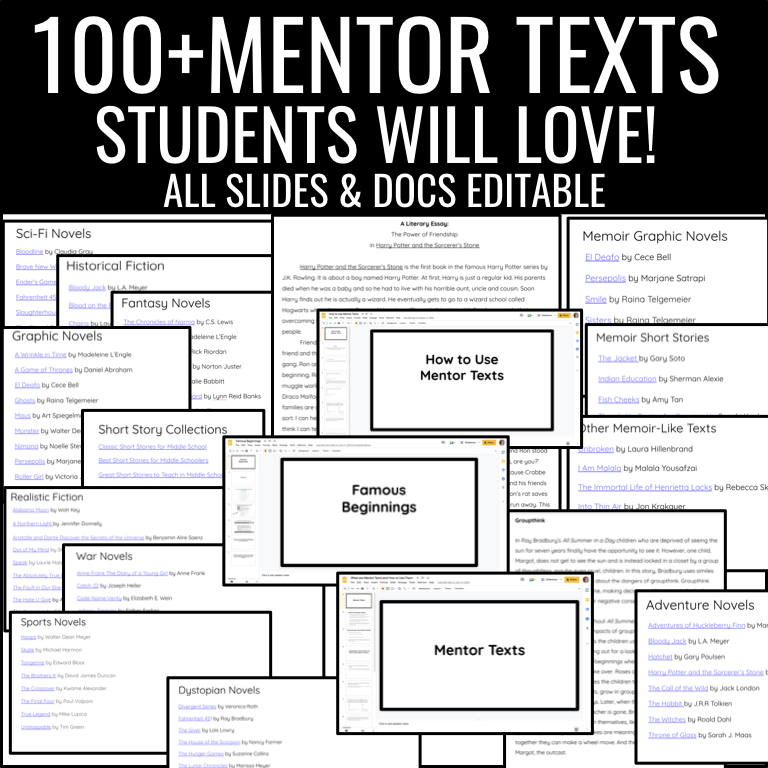
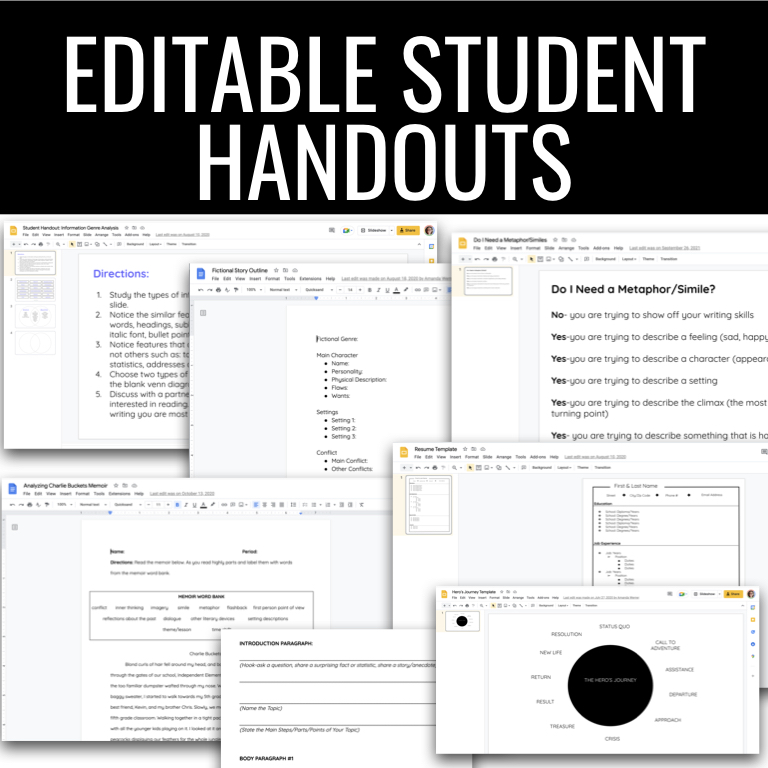
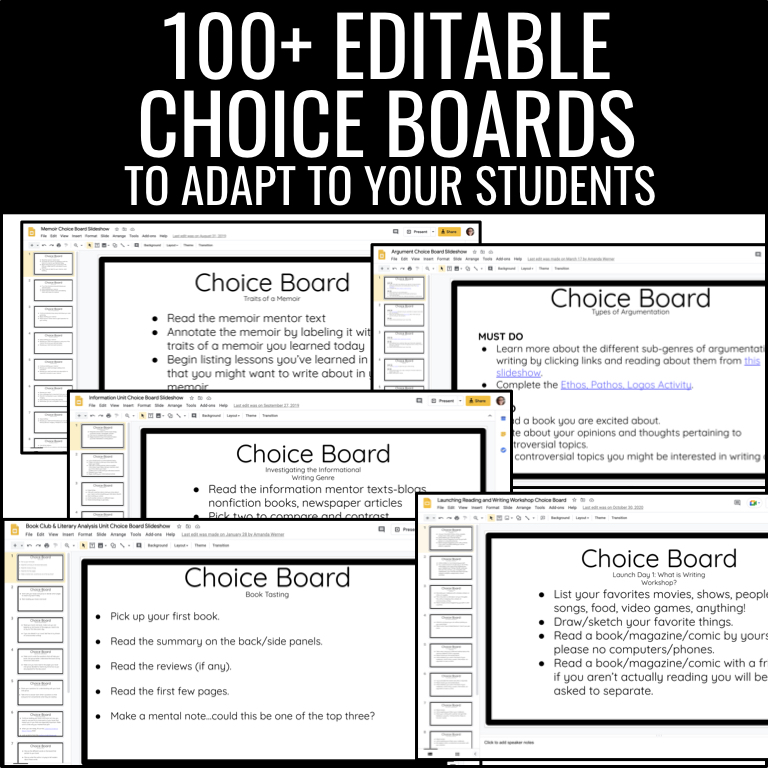

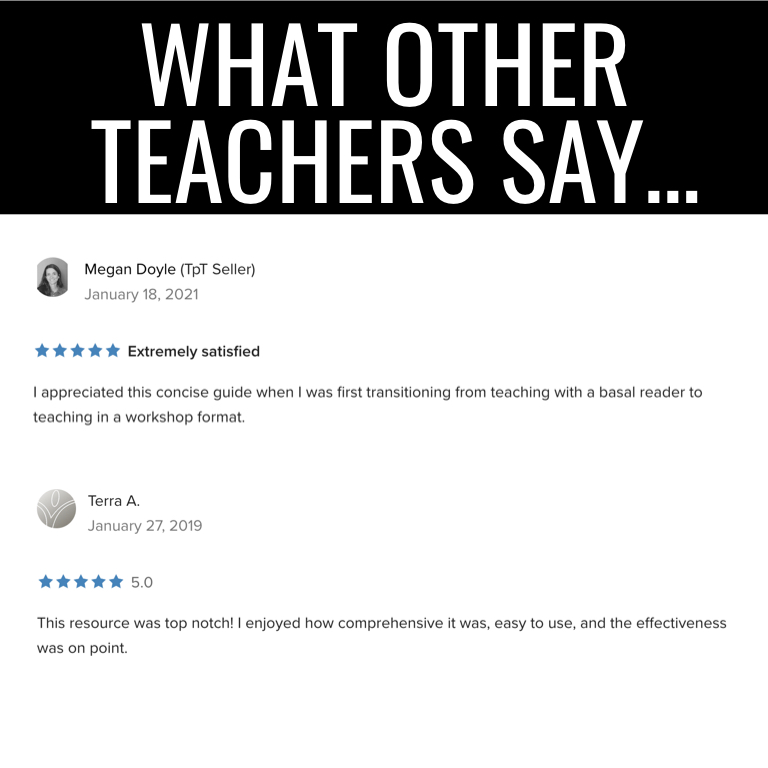

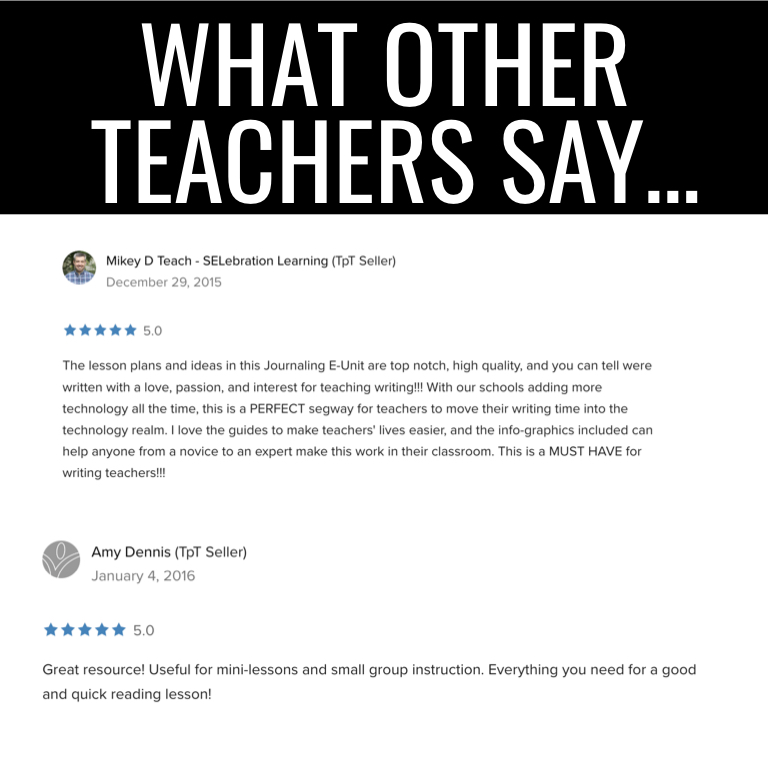
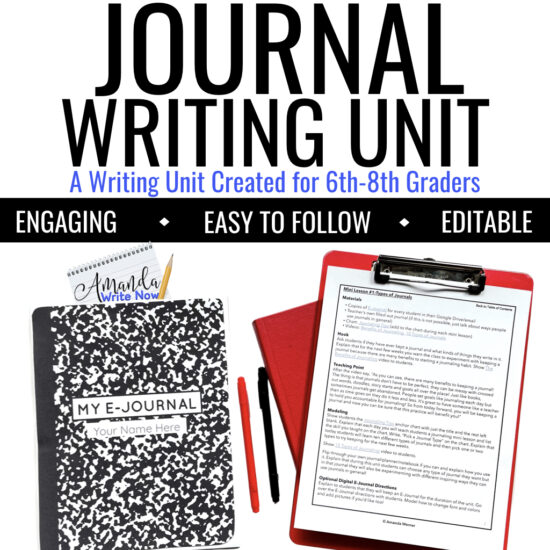
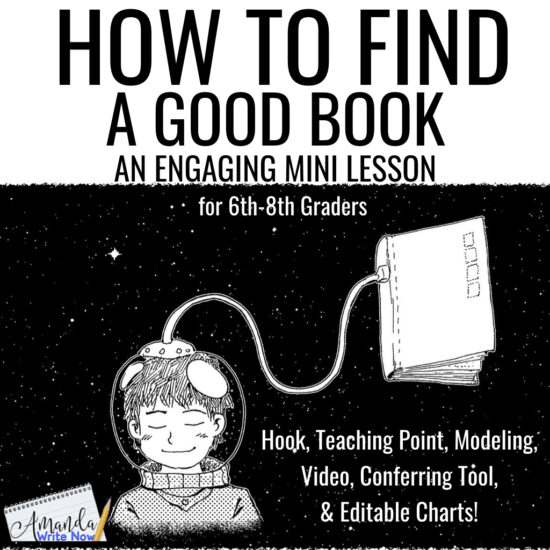
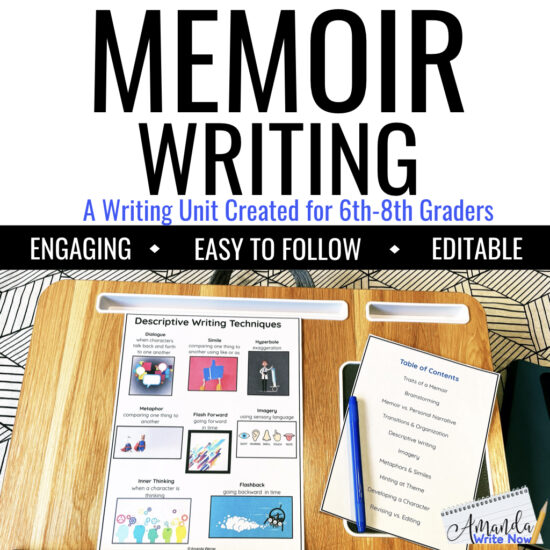
Reviews
There are no reviews yet.